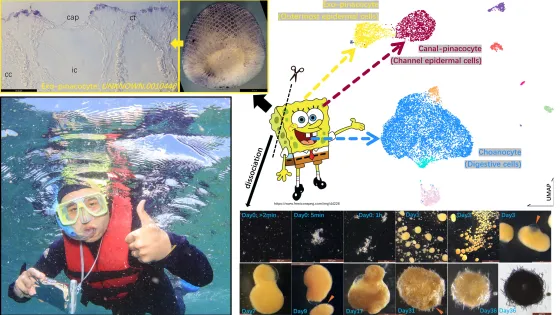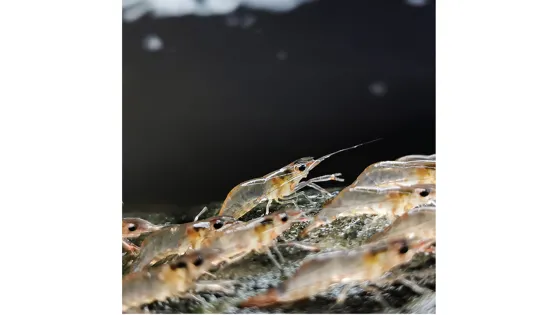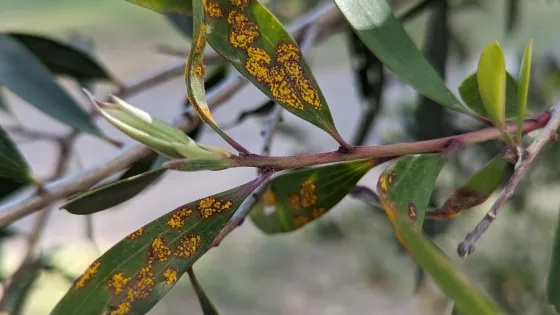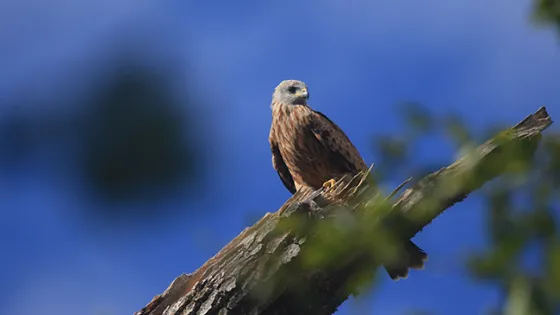Past events
This page lists RSB past events.

Di has established the first single-cell atlas for calcareous sponges using an endemic species of Australia, Sycon capricorn. His study reinforces the utility of the Sycon sponge as a model to explore a range of biological processes, such as wound healing.

Ethological studies not only shed light on how and why animals engage in extraordinary behaviours but also offer opportunities to understand how human activities disturb wildlife in the Anthropocene.

Austropuccinia psidii is the fungal pathogen that causes myrtle rust on Myrtaceae hosts. First described on South American guava in 1884, the disease was noted on introduced eucalypt plantations in Brazil in 1912 before spreading globally.

Our research endeavours to unravel the intricate molecular mechanisms employed by pathogenic fungi to manipulate host plants and cause disease. Additionally, we aim to understand how plants recognise fungal virulence proteins, thereby activating defence pathways.

In this seminar, Dr Hayley Bugeja will tell the story of the development of interactive workshops in a large second year genetics subject, which were iteratively designed over several years (pre and post pandemic).

The use of social information is widespread among animals and can influence critical individual processes such as selecting foraging and breeding locations.

Captive studies in birds are foundational to behavioural and evolutionary ecology, both in testing fundamental theory and for applied conservation.

Animal behaviour is being altered by the increasing human population, and land use changes.

The genebank of the International Center for Agricultural Research in the Dry Areas (ICARDA) holds the 2nd largest collection of Barley (Hordeum) species, storing over thirty-two thousand accessions.
